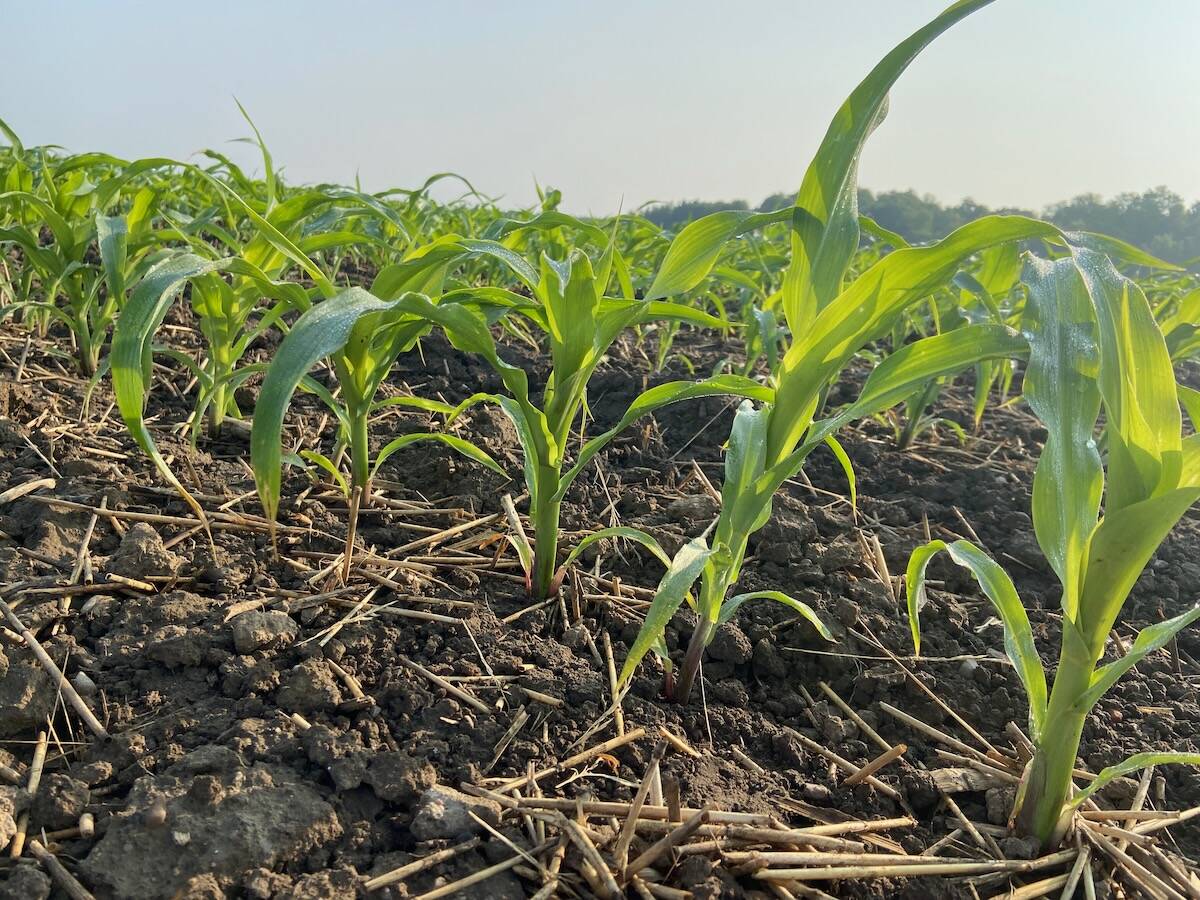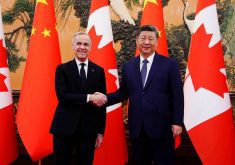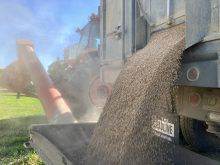China definitely looms large globally, and that was very evident on March 22 when canola contract prices plummeted on the Intercontinental Exchange (ICE).
Canola ended trading on March 18 up $1.50-$2.60 per tonne, with the May contract closing at $466.30. For most of last week, canola had moved up and down a little each way by end of each day, but there had been some swings in between.
For instance, by midday on March 19, canola was down $3.80-$4 per tonne. Otherwise bids moved either way by no more than $1.50 per tonne.
Read Also

Can we trust the USDA crop data anymore?
Indications that farmers, analysts and traders have started to lose trust in data from the United States Department of Agriculture are hardly a surprise.
Traders noted there simply wasn’t anything big to push markets either way.
When news of China ceasing all canola imports from Canada hit the markets, on March 22, canola dropped $8.70-$9.50 per tonne by midday, and ended the week down $13.70-$14.30 per tonne. At one point during that Friday, bids had lost about $16 per tonne.
Going into March 22, there had been very little doubt that China put the brakes to canola imports from Canada back in January. A diplomatic spat had erupted in December after Huawei executive Meng Wanzhou was arrested by Canadian authorities in Vancouver, at the request of the U.S. government, which seeks to extradite Meng to face charges of fraud.
China kept adding pressure by detaining two Canadians and later accusing them of espionage. On March 1, China revoked Richardson International’s permit to sell canola into the country. Since then Canadian officials have been working to restore sales to China.
Although China has been the biggest influence on bids, it’s not the only influence.
Adding to the problem are a large canola supply and little demand for it.
That can turn into a positive, as farmers are becoming more content to wait for better prices to come along. Holding back their canola will put some upward pressure on prices.
















